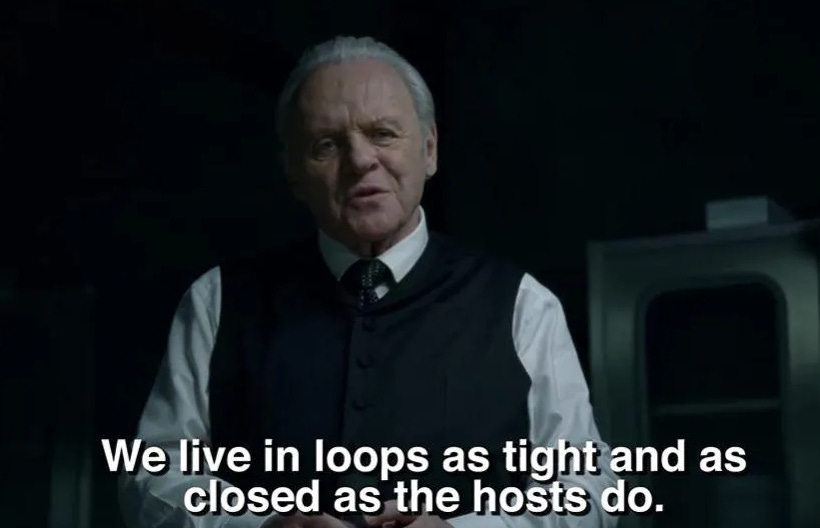#43 | Saying "no" to intentionality
What if we lived in a future without scrolling? Without swiping?
I read
’s "The Rise of Intentional Tech" tonight and, humbly, would like to offer a counter-perspective.First, I agree with many of Caitlin’s points. I agree that just flooding the zone with “AI-assisted-everything” is the wrong move. And she cited many great examples of Klarna and Duolingo zealously going all out before backpedaling later.
However, I don’t think humans being more intentional is what our future looks like. Rather, I think it’s the opposite: humans (or at least, a subset of us, comfortable with it) relinquishing control to the AI so it can help guide us better.
The paralysis of choice
When I think about my own life, and my friends who I’ve chatted with about this, I think our exhaustion with the current internet stems from an inability to navigate content efficiently.
There is just too much stuff. Oceans and oceans. Some of it is fantastic. Most of it not (or at least, not my cup of tea).
Today, user interfaces place all of the burdens of choice on the user. YouTube thumbnails everywhere, an infinite scroll of Substack Notes, etc. People report feeling worse after spending time online because, I suspect, they feel like they haven’t spent their time well. This has certainly happened to me when I’ve watched too many utterly forgettable YouTube videos before sleeping. That was just braindead time and entirely un-enriching; often I wish I would’ve just slept earlier.
AI will help us decide what to do next
What I think is exciting about AI is it really feels like we’re about to get to the Westworld state of the technology curve. That HBO show is nearly a decade old now but I think it utterly nailed a certain kind of techno-futurist dream: if we can model people with incredible fidelity with all of their personal data, then what if we’re able to reliably and accurately know their exact preferences? And predict with exact precision what they’d most enjoy next? Not what we think they may like. But be able to know with virtually perfect confidence what they will like, or even love.
Yes, prediction algorithms have been around years. Amazon’s “recommended next purchase”, Spotify’s Discover Weekly, so forth. And honestly, they haven’t been great. But keep in mind, AI Voice modalities (Google Assistant and Siri) have also been around for years, but only recently got —IMO— actually usable. When I think of a future I’d want to live in where all of the fancy AI technology is actually serving me, I think of a world where I’m not paralyzed by choice and where I don’t need to exert any effort sorting signal from noise. I just want the signal. I don’t wish to spend my precious finite life force picking the next movie, song, or article I consume. (And also chance picking a stinker.) I simply want it delivered to me, without my ever having to find it in the first place.
Rather than intentional tech, I feel the future that’s en route is a future where content, activities, and even relationships are delivered to us without any intentionality needed from us. Never having to swipe left or right ever again. Never having to watch another movie trailer. To be clear, we can of course always go off-algorithm and just manually watch/read/listen to things. And I certainly will. But I’d also love having an all-knowing, all-connected assistant that knows every single thing about me often simply in control.


Really enjoyed reading this - I think you're right in that it's the way tech leaders and many want the future to evolve. But I can't help shake the nagging feeling of this becoming a bit too Wall-E-esque? And I want to think more deeply about what kind of future we're creating for the generations to come - detached from hype trains tbh. But yeah, I think we're on the same page re: future digital divide becoming more entrenched. Interesting times ahead!
I just keep coming back to: Tell me when AI can do the mundane, annoying things I don’t want to do.
It seems like companies are so focused on AI for business cases because of $$$ (agentic AI) and frankly, I don’t care. I am not super stoked to put human beings out of their entry-level jobs, though that’s what AI companies are essentially focusing on right now.
I’m most excited about AI for medical and scientific breakthroughs. My mom has to take a whole host of medications to hopefully stop the cancers she’s had from coming back.
I’ll get really excited when we have better early diagnosis capabilities and treatment plans for some of these awful, awful diseases and conditions.